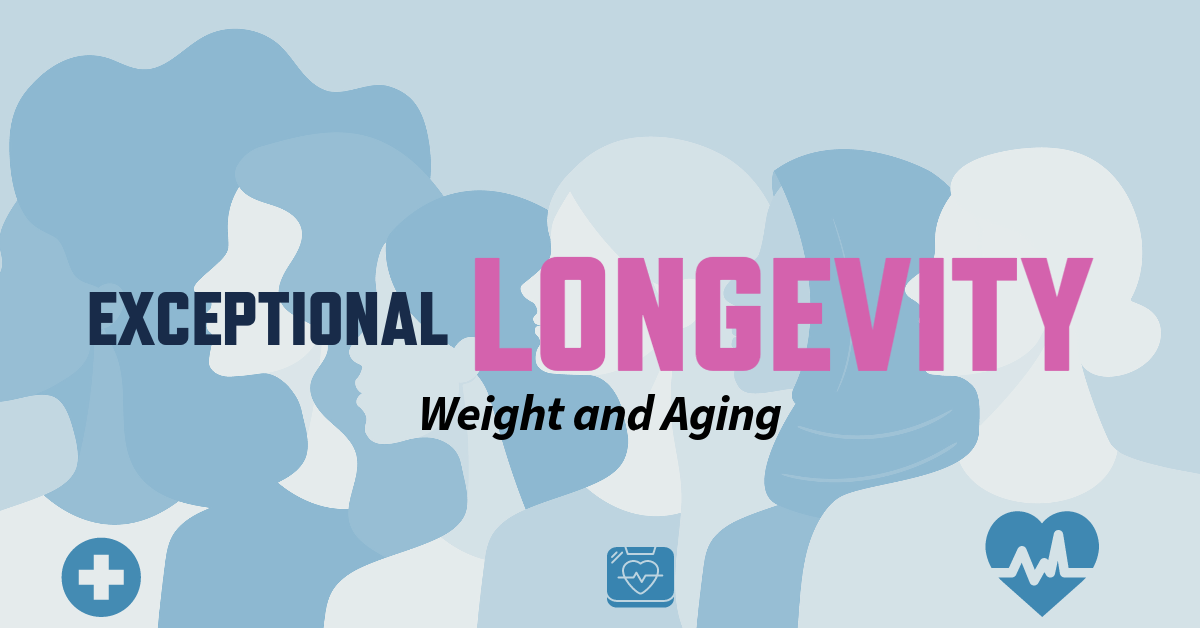2023-08-29 カリフォルニア大学サンディエゴ校(UCSD)
 UC San Diego researchers investigated the associations of weight changes later in life with exceptional longevity and found that women who maintained their body weight after age 60 were more likely to reach the age of 90, 95 or 100.
UC San Diego researchers investigated the associations of weight changes later in life with exceptional longevity and found that women who maintained their body weight after age 60 were more likely to reach the age of 90, 95 or 100.
◆体重を安定させた女性は、5%以上の体重減少を経験した女性に比べて1.2〜2倍の確率で長寿を達成した。女性の体重が5%以上減少すると長寿の可能性が低下し、逆に体重が安定している場合は関連がなかった。この研究は、高齢の女性における体重変化と長寿の関連を調査した初の大規模研究であり、体重の安定が長寿を目指す上での重要性を示唆している。
<関連情報>
- https://today.ucsd.edu/story/maintaining-stable-weight-increases-longevity-among-older-women
- https://academic.oup.com/biomedgerontology/advance-article-abstract/doi/10.1093/gerona/glad177/7246412
後期高齢者の体重変化と90歳、95歳、100歳までの生存との関連:女性の健康イニシアチブ Association of Later-Life Weight Changes With Survival to Ages 90, 95, and 100: The Women’s Health Initiative
Aladdin H Shadyab, JoAnn E Manson, DrPH, Matthew A Allison, Deepika Laddu, Sylvia Wassertheil-Smoller, Linda Van Horn, RDN, Robert A Wild, Hailey R Banack, Fred K Tabung, Bernhard Haring, Yangbo Sun, Erin S LeBlanc, Jean Wactawski-Wende, Meryl S LeBoff, Michelle J Naughton, MPH, Juhua Luo, Peter F Schnatz, Ginny Natale, Robert J Ostfeld, Andrea Z LaCroix
The Journals of Gerontology: Series A Published:29 August 2023
DOI:https://doi.org/10.1093/gerona/glad177
Abstract
Background
Associations of weight changes and intentionality of weight loss with longevity are not well described.
Methods
Using longitudinal data from the Women’s Health Initiative (N = 54 437; 61–81 years), we examined associations of weight changes and intentionality of weight loss with survival to ages 90, 95, and 100. Weight was measured at baseline, year 3, and year 10, and participants were classified as having weight loss (≥5% decrease from baseline), weight gain (≥5% increase from baseline), or stable weight (<5% change from baseline). Participants reported intentionality of weight loss at year 3.
Results
A total of 30 647 (56.3%) women survived to ≥90 years. After adjustment for relevant covariates, 3-year weight loss of ≥5% vs stable weight was associated with lower odds of survival to ages 90 (OR, 0.67; 95% CI, 0.64–0.71), 95 (OR, 0.65; 95% CI, 0.60–0.71), and 100 (OR, 0.62; 95% CI, 0.49–0.78). Compared to intentional weight loss, unintentional weight loss was more strongly associated with lower odds of survival to age 90 (OR, 0.83; 95% CI, 0.74–0.94 and OR, 0.49; 95% CI, 0.44–0.55, respectively). Three-year weight gain of ≥5% vs stable weight was not associated with survival to age 90, 95, or 100. The pattern of results was similar among normal weight, overweight, and obese women in body mass index (BMI)-stratified analyses.
Conclusions
Weight loss of ≥5% vs stable weight was associated with lower odds of longevity, more strongly for unintentional weight loss than for intentional weight loss. Potential inaccuracy of self-reported intentionality of weight loss and residual confounding were limitations.


